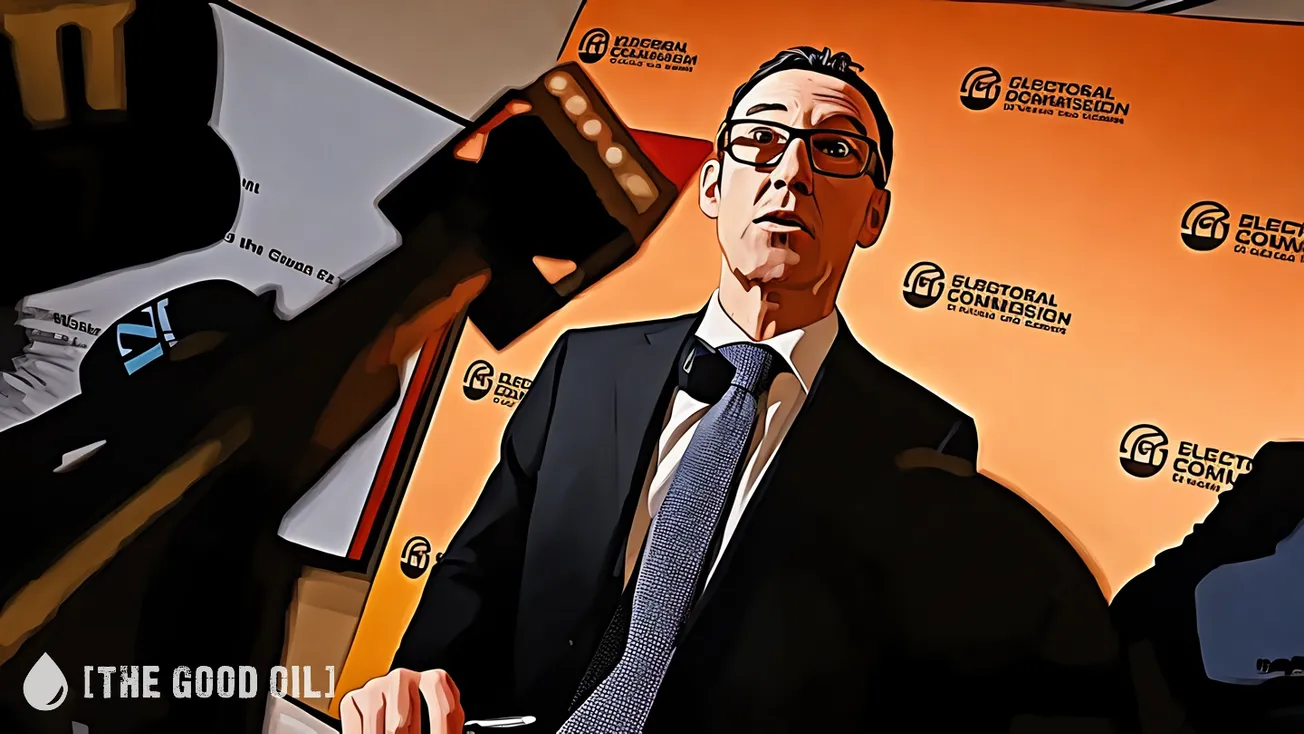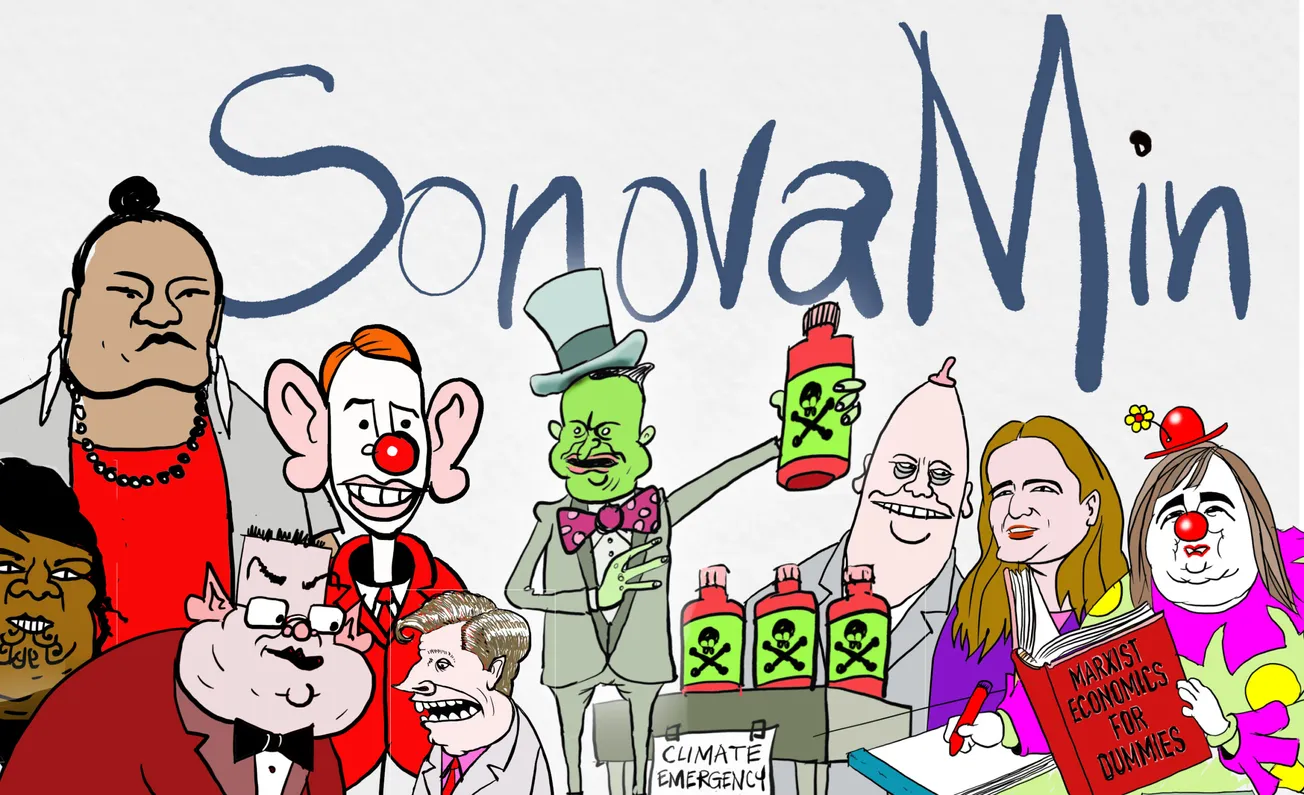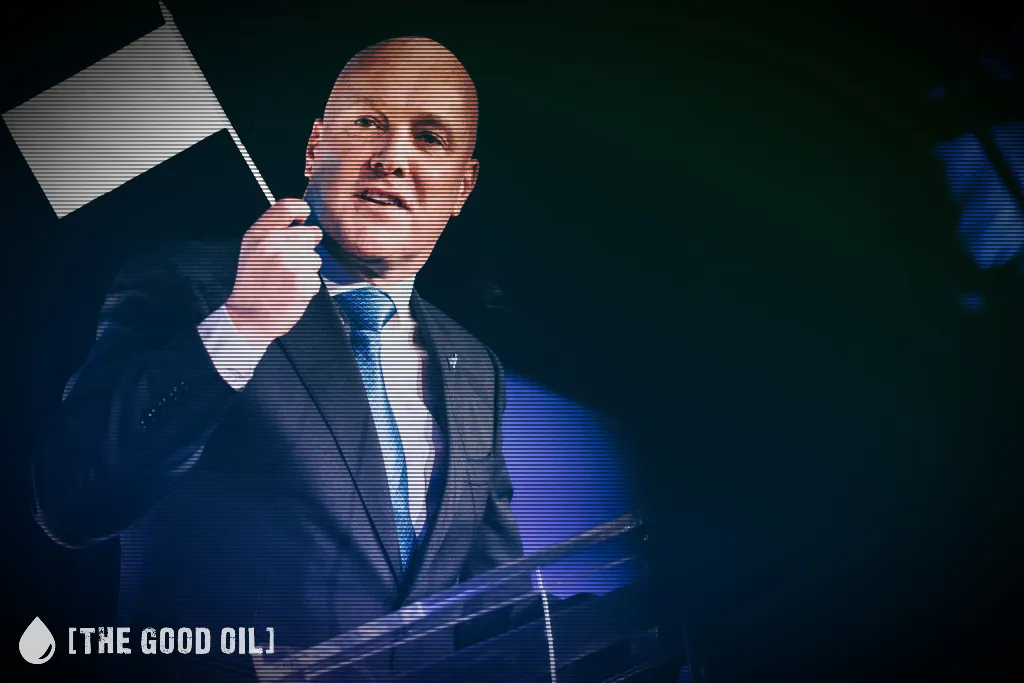Table of Contents

National will supercharge electric vehicle infrastructure with a comprehensive, nationwide EV network of 10,000 public chargers to unleash the renewable transition, deliver infrastructure and rebuild the economy, National Leader Christopher Luxon says.
National’s Supercharging EV Infrastructure plan includes:
- Invest $257 million over four years to deliver 10,000 public EV chargers, nearly 10 times more than the current number
- Revive the highly successful Ultra-Fast Broadband (UFB) funding model to deliver a nationwide EV charging network with chargers located where drivers need them
- Eliminate the need for resource consents for EV charging points to reduce up-front costs
- End the ‘ute tax’ and clean car discount schemes which Labour said would be fiscally neutral, but which are unnecessary, expensive and fiscally unsustainable
“Supercharging EV Infrastructure is part of National’s plan to rebuild the economy. After six years of Labour’s economic mismanagement, the economy is in recession, wages haven’t been keeping up with inflation and mortgage rates are hitting Kiwis in the back pocket,” Mr Luxon says.
“National will get our economy back on track by delivering the infrastructure New Zealand needs for the future.
“Around 20 per cent of New Zealand’s total emissions come from transport, so embracing EVs is crucial to delivering our climate change commitments.
“However, Kiwis won’t switch to an EV if they are anxious about whether they will be able to recharge it when and where they need to. Under the Labour Government, investment in public EV infrastructure has not kept pace with the rising number of EVs and New Zealand now has the fewest public chargers per electric vehicle in the OECD.
“Accelerating the rollout of EV infrastructure, from the 1200 currently available to 10,000 in 2030, will give more Kiwis the confidence to make the switch to electric. That will help achieve both New Zealand’s climate change goals and National’s plan to rebuild the economy for the benefit of all New Zealanders.
“National will unleash the transition to an electric transport system by investing in EV infrastructure and cutting red tape to deliver more chargers, in more places, more quickly and more cheaply.
“However, National does not believe New Zealanders who can afford a brand-new electric car need a subsidy from taxpayers to buy it. The move to EVs will happen without subsidies as those who can afford new cars choose to reduce their personal carbon footprints and their dependence on fossil fuels. We will therefore end the clean car discount scheme.
“At the same time, National will scrap Labour’s unfair and regressive ‘ute tax’, which taxes the essential work vehicles used by farmers and tradies, many of whom have no practical option to switch to an EV.
“Labour said this tax would pay for subsidies for people buying new EVs, but Labour’s figures were wrong and the scheme has required $281 million from taxpayers to cover the subsidies. This is a poor use of public money, and the Ministry of Transport has admitted the subsidy scheme is fiscally unsustainable.
“National’s priority is rolling out public charging infrastructure, using the highly successful co-investment model National previously used to deliver high-speed fibre internet across the country.
“National’s EV charger network plan builds on our Electrify NZ policy which will unleash investment in renewable energy, as well as lines upgrades, that are needed to support the transition to EVs.
“Delivering better infrastructure is a key part of National’s plan to rebuild the economy to get it working for all New Zealanders. A strong economy means an end to the cost-of-living crisis, higher incomes, lower mortgage rates, and it means New Zealand can also afford the quality public services we all rely on.








